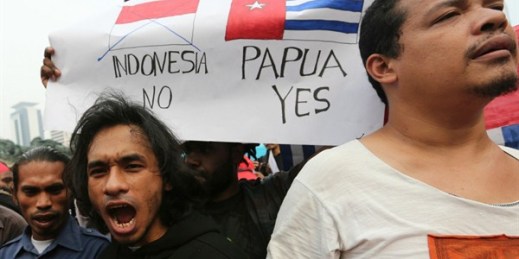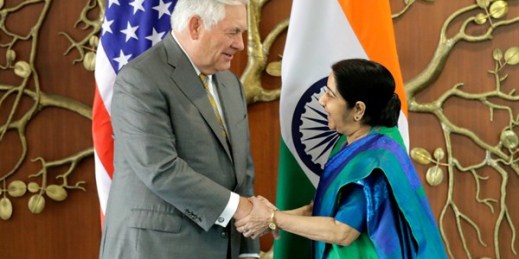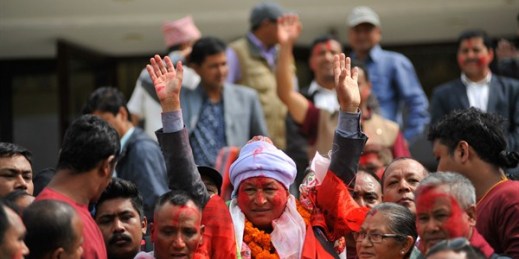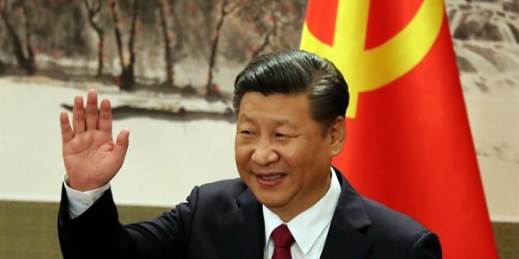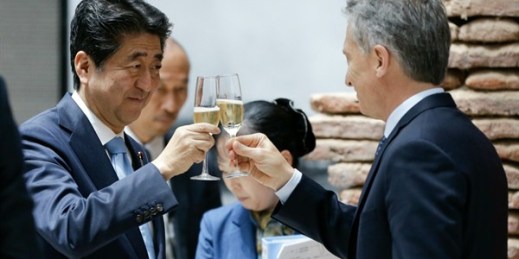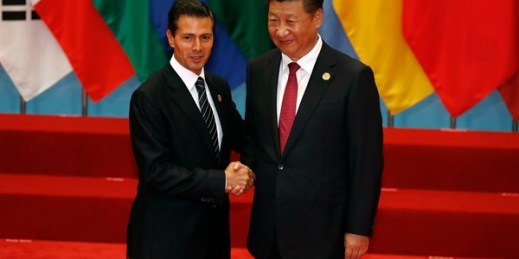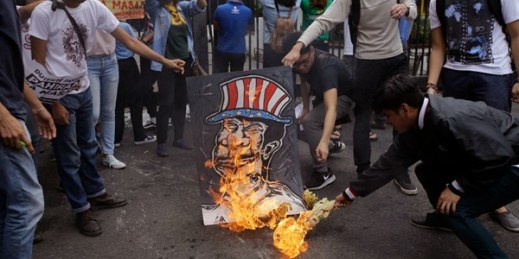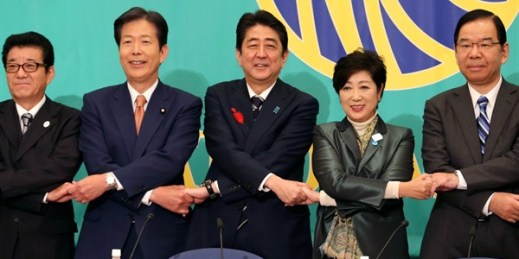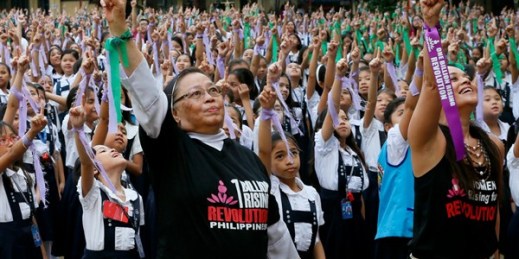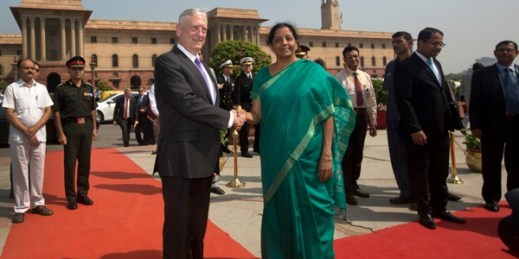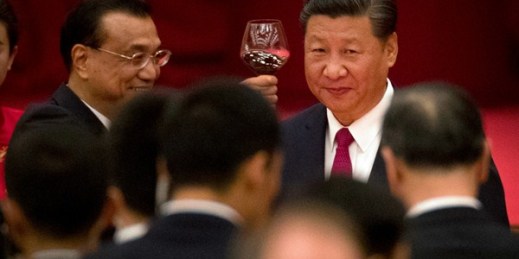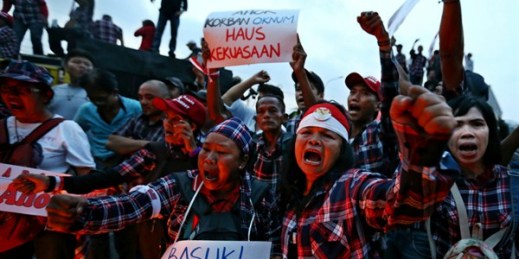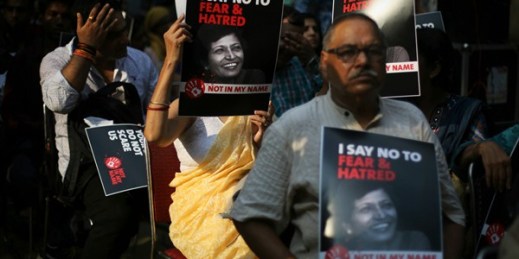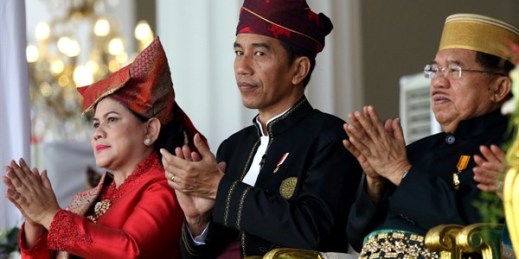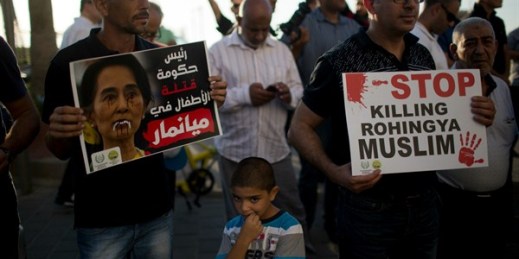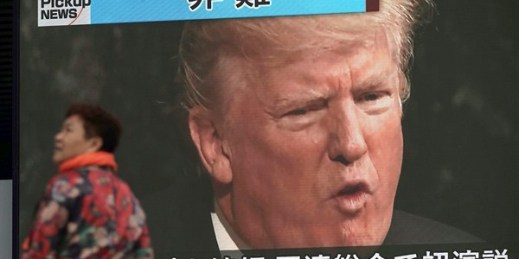
During the past few weeks, the standoff between North Korea and the United States has cooled a bit. Pyongyang has not tested more ballistic missiles or nuclear devices, and U.S. President Donald Trump has not launched more insulting tweets at North Korean dictator Kim Jong Un. That is good, but the crisis is no closer to resolution than it was months or years ago; there is not even a glimmer of light at the end of the tunnel. It remains the world’s most dangerous threat. It is hard to see a path to resolution at this point. In a recent […]

